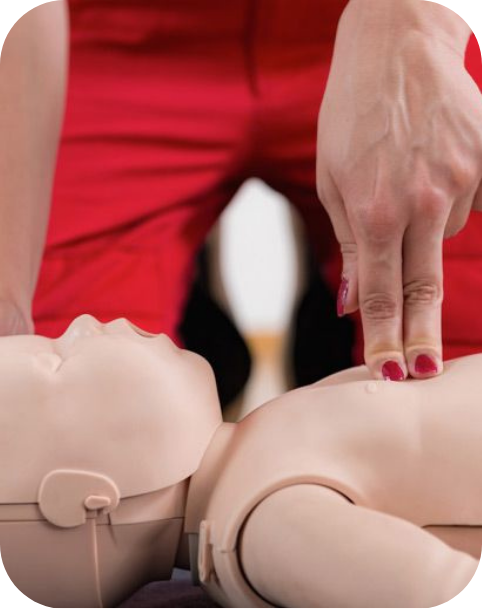Nursery
Primary
Secondary
Teaching Assistants
Cover Supervisors
Senior Leadership Team
What you'll learn
In this course, you will learn the roles and responsibilities of a paediatric first aider and how to complete a primary assessment safely. You will develop the skills to provide first aid for a wide range of situations, including unresponsiveness, choking, bleeding, shock, bites, stings, fractures, head, neck and back injuries, and acute medical conditions. The course also covers first aid for extreme environmental conditions, burns, poisoning, and anaphylaxis, equipping you to respond confidently and effectively to emergencies involving infants and children.
Show more
Please note: If you are looking to become a qualified Paediatric First Aider, an additional practical training course is required to meet legislative requirements. You should revisit this refresher course every three years.
Course content
This course is separated into ten modules of learning:
Module One: Role of the Paediatric First Aider
Module one covers the definition, aims and legislation of first aid, personnel, equipment and first aid kits, accident and incident reporting and the responsibilities and priorities of a Paediatric First Aider.
Module Two: Primary and Secondary Surveys and the Recovery Position
Module two discusses both primary and secondary surveys, along with how to check for dangers and responses using the AVPU response level method.
Module Three: Resuscitation and Defibrillation (AED)
Module three examines the methods and approaches of CPR for infants and small children, along with the chain of survival and defibrillation procedures.
Module Four: Awareness of Seizures and Aiding a Choking Victim
Module four covers tonic-clonic, focal and febrile seizures and their treatment, the recognition of choking with both partial and severe airway obstructions, and methods of treatment for a responsive choking child or Infant.
Module Five: Wounds, Bleeding and Treatment for Shock, Bites and Stings
Module five discusses the various types of bleeding, including nosebleeds, along with treatment for bleeding, either with or without an embedded object. This module also covers hypovolemic shock, addressing wounds such as minor cuts, grazes, bruising, bites and stings.
Module Six: Broken Bones, Fractures, Head and Spinal Injuries
Module six examines injuries to bones, joints and muscles, the PRICE method of treating sprains and strains, concussions and compressions and providing first aid for spinal injuries.
Module Seven: Foreign Objects and Eye Injuries
Module seven addresses the incidents and treatment of foreign objects in the nose or ear or swallowed objects and awareness and first aid treatment of eye injuries.
Module Eight: Effects of Heat and Cold and Treating Burns and Scalds
Module eight provides an awareness of heat exhaustion, stroke, hypothermia, burns and scalds, specifically chemical and electrical burns.
Module Nine: Awareness of Chronic Illnesses, Asthma, Diabetes and Meningitis
Module nine covers type 1 and type 2 diabetes, hyperglycemia and hypoglycemia, and providing first aid for asthma and meningitis sufferers.
Module Ten: Poisoning and Anaphylaxis
This final module raises awareness of the various types, signs and symptoms of poisoning, which can come from household, food, drug or industrial items. This module also discusses the definition, causes and first aid treatment of anaphylaxis.

Academize Ltd is a registered company in England and Wales trading as Academize.
Our Policies
Tel: 0330 390 4139
Email: enquiries@academize.co.uk
Our Policies
Tel: 0330 390 4139
Email: enquiries@academize.co.uk
Our accreditations

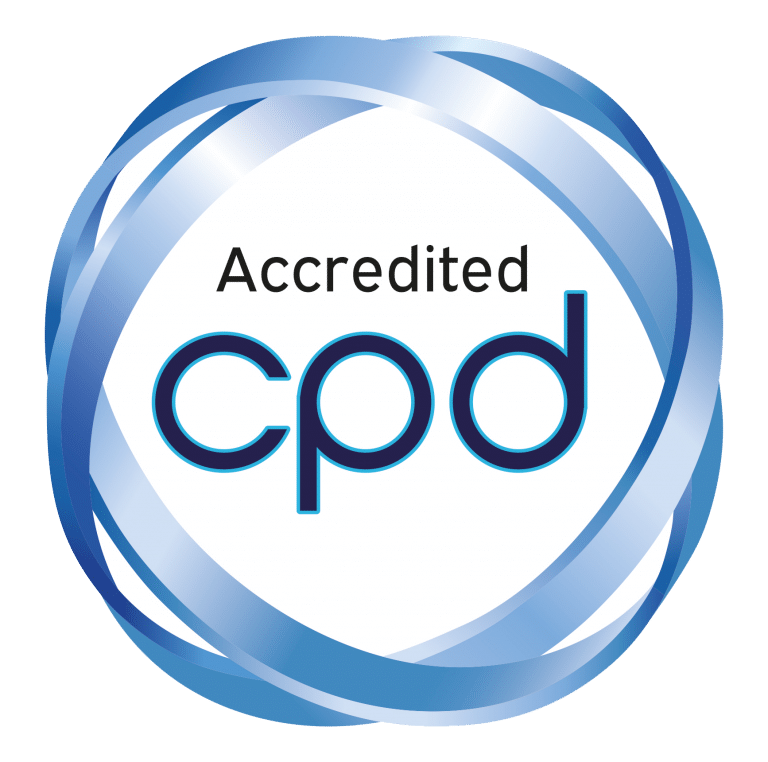
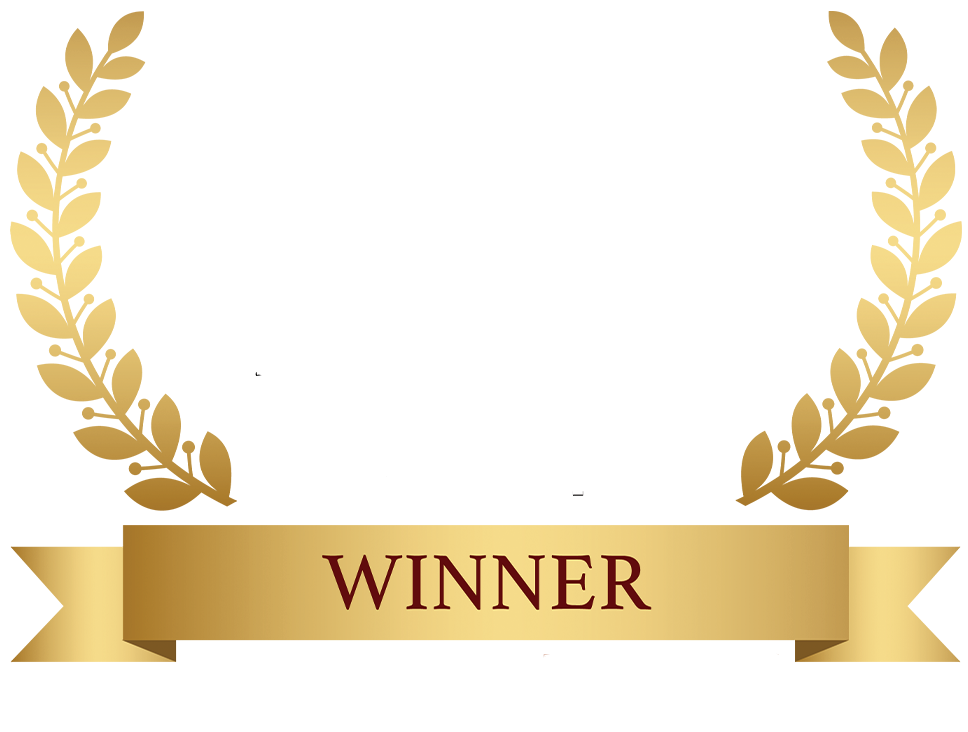
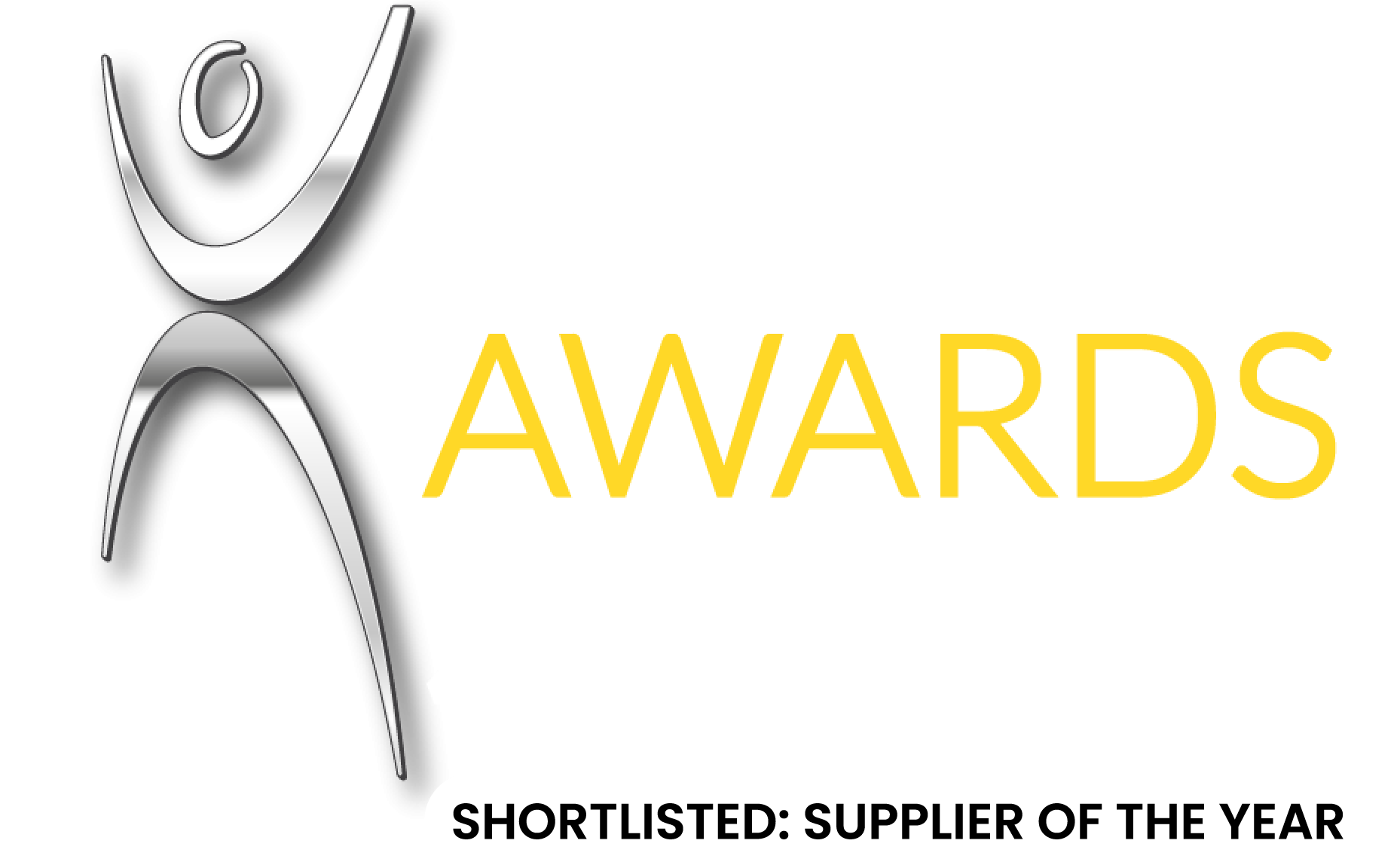
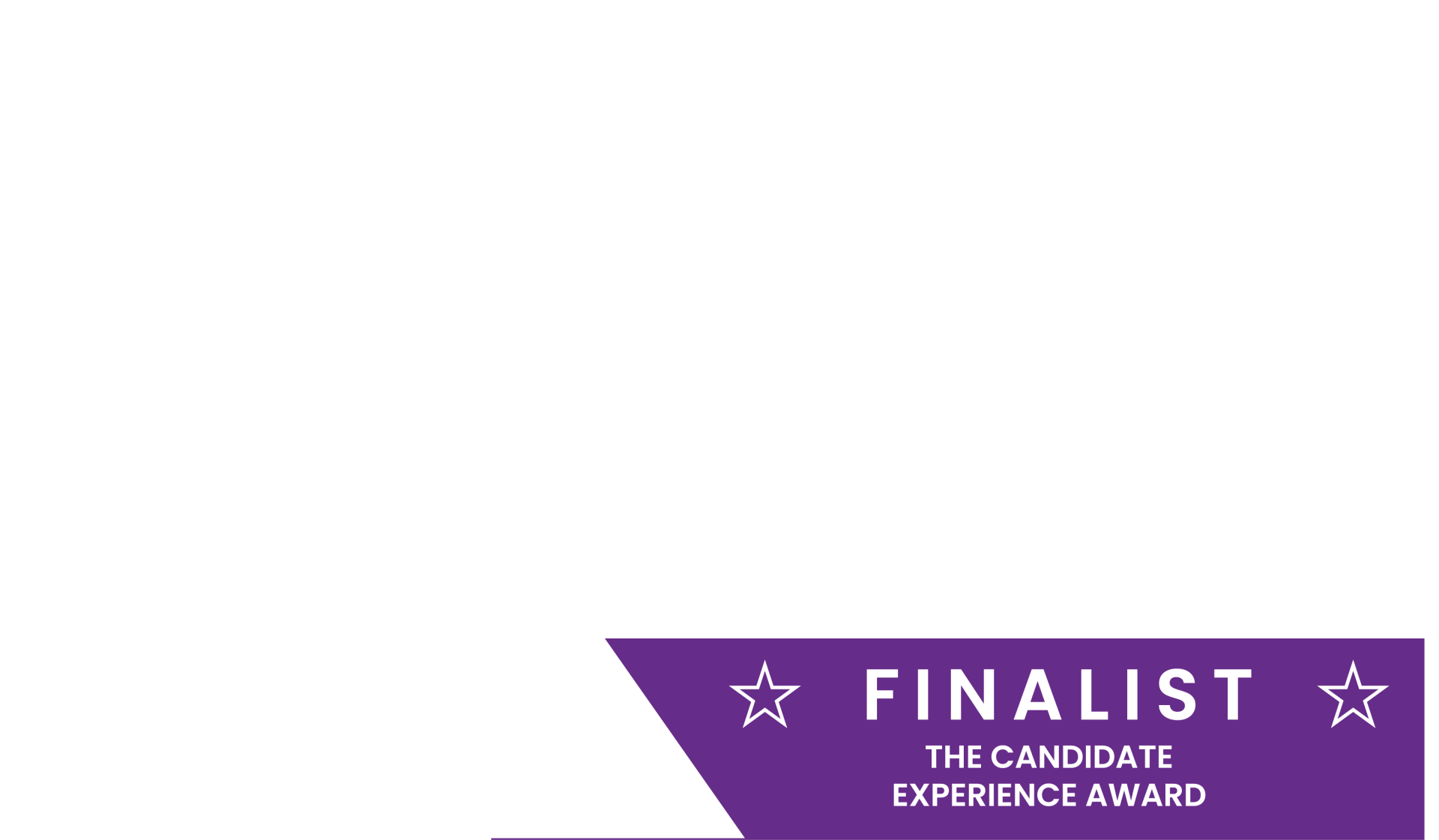
Copyright © 2025

